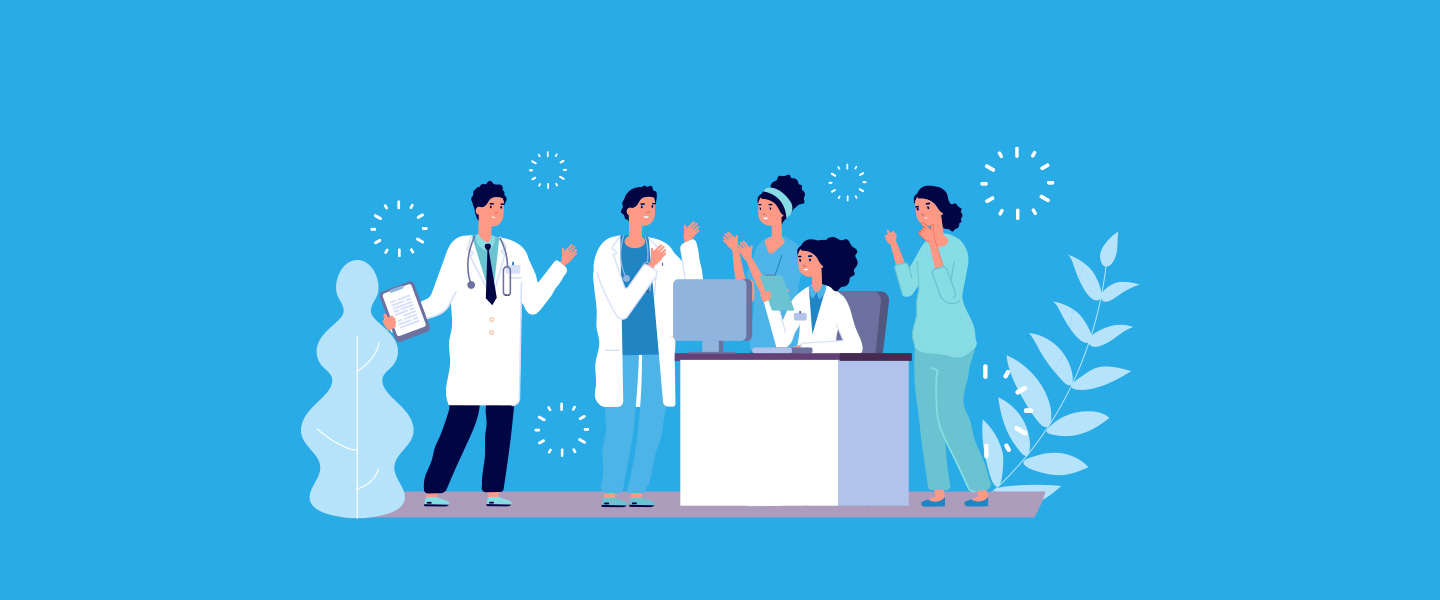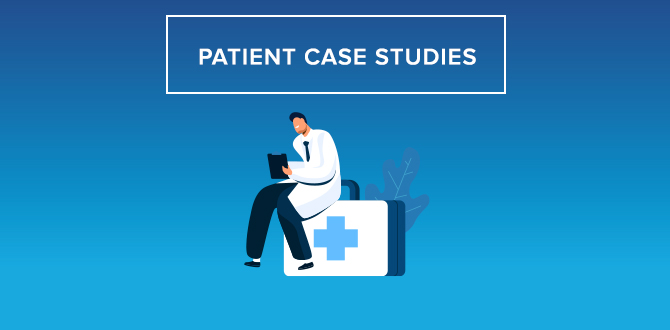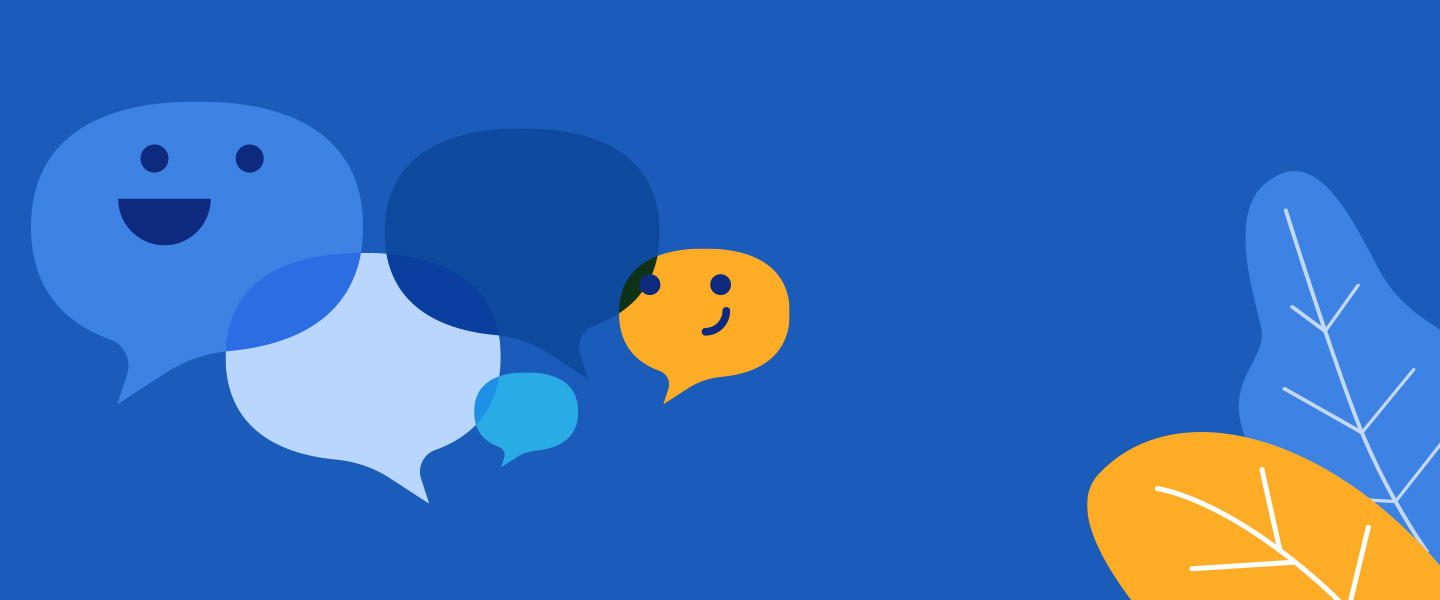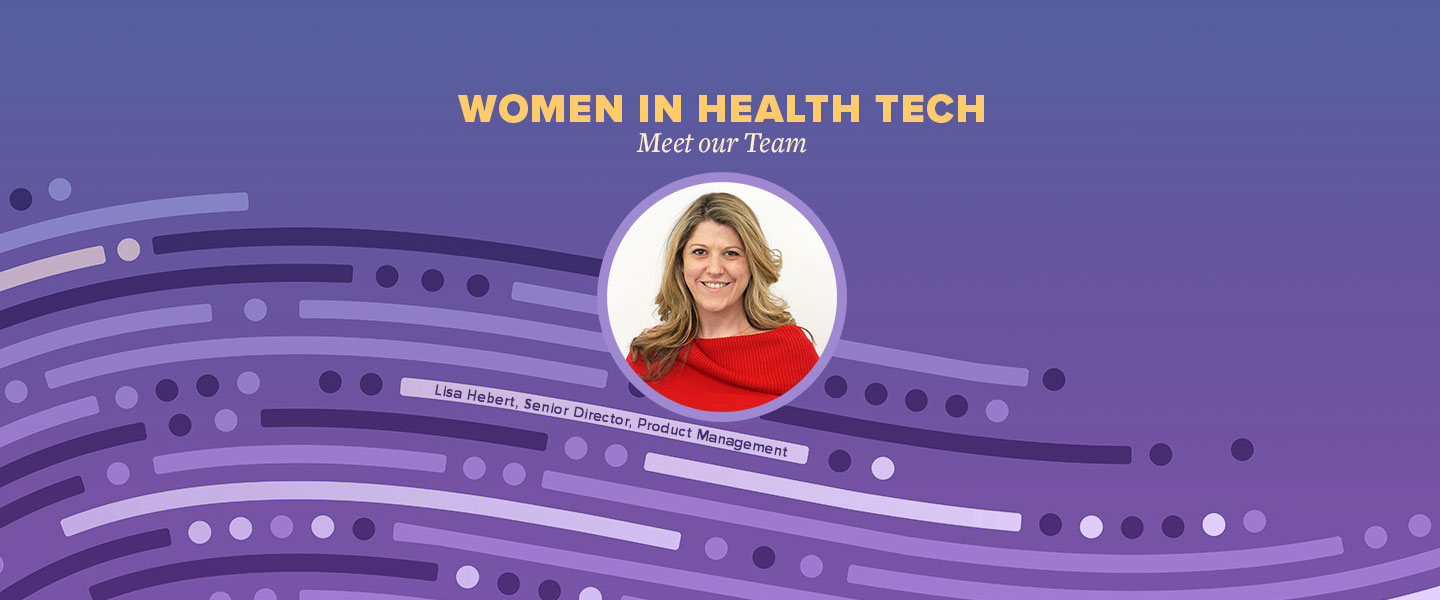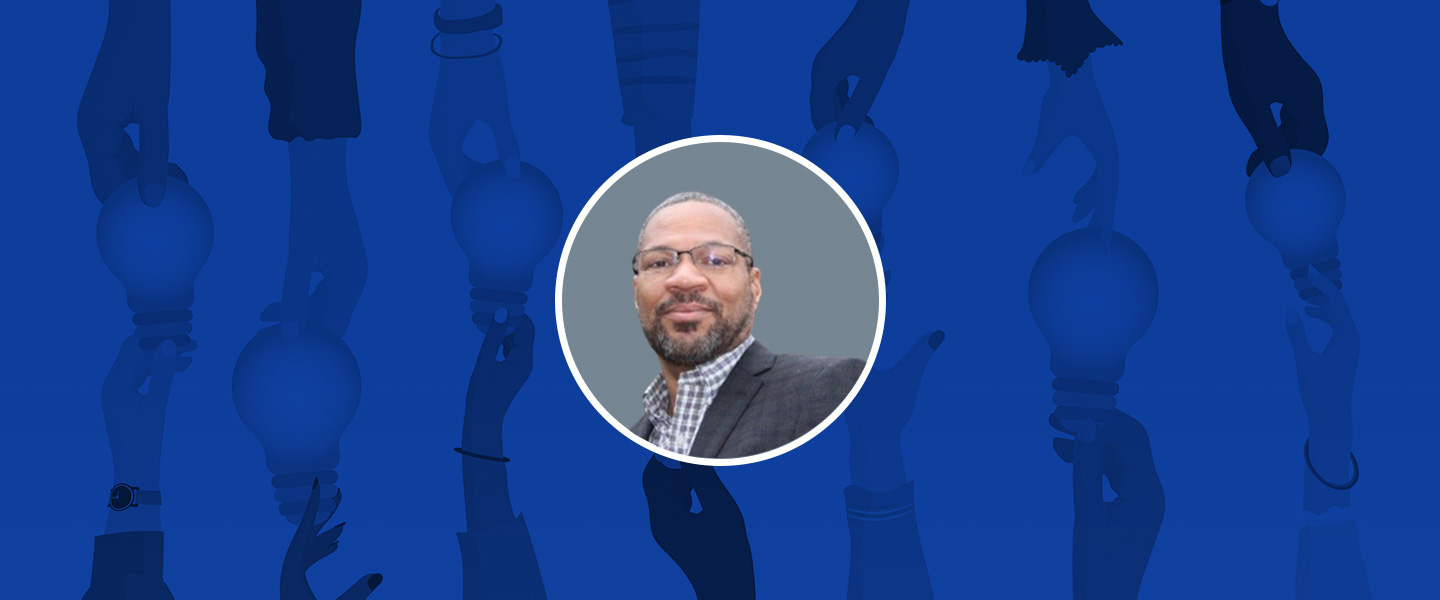Nurses perform the most essential tasks in healthcare and often serve as the first point of contact for most patients. To honor their commitment, dedication, service, and expertise – NantHealth asked some of its nurses on staff to reflect on their careers and provide us insight into their interesting yet challenging roles.
We interviewed four nurses: Valerie Crisp, RN, BSN, OCN, Clinical Support and Case Review Nurse; Susan Familant, RN, MSN, ANP-BC, AOCNP, Manager Clinical Operations; Megan O’Neil, DNP, FNP-C, APRN, OCN, Senior Clinical Operations Nurse Practitioner; and Kristen Wismer, CRNP, Senior Clinical Operations Nurse Practitioner.
How did you get started in oncology nursing, and how did you first become interested?
CRISP: I became interested in oncology nursing after a hospitalization related to my own cancer diagnosis at age 24. I was already established in a different career field. However, I was so amazed at the nurses caring for me, and that stuck with me. A couple of years later, I decided to take a leap of faith and enrolled in a Bachelor of Science in Nursing program. My first job was on a 24-bed hospital Oncology Unit, which I found so personally rewarding in caring for this special patient population.
FAMILANT: I always knew I wanted to work in healthcare. In high school, I volunteered at the local hospital. I started as a biology major in college, and by my senior year, I decided to pursue nursing, so I got a second degree two years later in nursing. A family friend worked as a nurse for many years at Memorial Sloan Kettering Cancer Center (MSKCC) and spoke highly of the work environment. She first sparked an interest in working at that particular cancer center. I applied for a job there after two years of working as a nurse on a general medical floor in Washington, D.C. During my time at MSKCC, I realized I wanted to work with cancer patients. I went to graduate school and became a nurse practitioner, and my first NP job was working with breast cancer patients. I loved supporting people during a challenging diagnosis and focusing on hope and cure. The idea of curing cancer was really what kept my interest, and that has continued 20-plus years later.
O’NEIL: I planned to be a high school English teacher when I initially went to college. Then, while I was in school, my mom was diagnosed with colon cancer. She underwent surgery, chemotherapy, and more surgery. I ended up being the person that took her to many of her chemotherapy treatments and appointments. I was amazed at the care she received from the nursing staff and decided that I wanted to change career plans and become an oncology nurse. So, I finished my English degree and immediately went back to college to pursue nursing. I took an internship in my last year of nursing school on an inpatient oncology/ stem cell transplant floor and was hired there for my first RN job, and I have been working in oncology ever since.
WISMER: When I went to nursing school after high school, I knew I wanted to be a nurse, but I didn’t understand the totality of what that meant. In my immature, 18-year-old mind, I felt like I just wanted to help people who were sick. It was a basic thought: fix boo-boos, make someone smile, be kind, hold a hand. But as I advanced through my higher education, I was exposed to many different areas of healthcare and various illnesses and specialties later in college. I was overwhelmed by it and sort of intimidated. When I had a rotation on a medical oncology unit, that was the most rewarding experience of my entire life. When they taught the topic of cancer in school, it was the first time I invested in my studies and felt completely interested in the subject, and I wanted to immerse myself in the information. By the way, they did not teach much about oncology in school, so the majority of my learning was on-the-job.
What is the most rewarding part of your job?
CRISP: Although I no longer work in a direct patient care setting, I still feel very rewarded in knowing that I am helping oncology patients every day as a Clinical Support and Case Review Nurse with Eviti in ensuring that these patients are receiving the best standard of care treatment.
FAMILANT: In my current role at NantHealth, I am the manager of the nurse practitioners. What is most rewarding is seeing how happy the NPs are with their role. The career transition to working from home and continuing to work in oncology is very different than working in a clinic. Yet, our team is able to continue to support cancer patients and keep up to date with new treatments.
O’NEIL: The most rewarding part about my job is that we truly impact patient care and treatment management for the patient cases we review. We review the most up-to-date, evidence-based research to ensure patients receive the appropriate care.
WISMER: The most rewarding part of my job is seeing patients facing an impossible situation, seeing amazing results, and having miraculous recoveries. When we review a case for a patient whose disease presents as difficult to treat but then see another case for the same patient who now has had improvements in their disease with improvement in their quality of life – that makes the work worth it. When I saw patients in the clinic and developed relationships with them, I became a part of their family, an integral part of their life. This part of oncology nursing keeps me invested in the patient experience and the human experience.
If you could wave a magic wand, what would you most like to see changed in healthcare?
CRISP: I would love to see truly affordable access to health care for everyone. It has always been so heartbreaking knowing that some patients do not receive adequate health care services due to insurance premiums and drug and service costs.
FAMILANT: I would like to see people not worry about the costs of getting needed care. For example, if someone has to pay a significant amount for a scan such as an MRI, a cancer diagnosis could be delayed, and the cancer could grow. Curable cancer could then become non-curable cancer.
O’NEIL: If I could wave a magic wand, I would like to see a change in cancer patients’ treatment costs. So many of the treatments we review are very expensive, and even with insurance, it is difficult for patients to afford different treatment options. With all of the new and emerging chemotherapy/immunotherapy treatments being approved, these tend to be very expensive, sometimes too expensive for patients to afford. This means that patients are forgoing certain treatment options because they cannot afford to pay for them, which is heartbreaking. I hope that one day these medications will be more affordable for everyone!
WISMER: I would love healthcare to shift back to old-school values. Healthcare today preaches patient first and easy access to care. And in some areas, that is very true. But I think we lack the provider-patient relationship with all of the technology and bigger healthcare corporation models. When I had my children, I did not see one individual OB/GYN, and I did not know which physician would be delivering my baby. It was just whoever was on call that day. This makes sense from the healthcare employee standpoint because you have the ability to predict your schedules, and the hospital activities are always covered. However, as a patient, having a trusting relationship with your provider is so important. During those vulnerable moments in a patient’s life, having continuity of care is really important.
How do you keep up with all the changes in oncology?
CRISP: In addition to the standard RN licensure and OCN Certification CEU requirements, our team of nurses here with Eviti are very fortunate to receive the most updated information related to oncology treatment through our participation in weekly grand rounds meetings with our Nurse Practitioners, Oncologists, and Radiation Oncologists, as well as frequent educational projects that we participate in and share within our Eviti team.
FAMILANT: I attend conferences such as the NCCN Hematologic Conference in NYC. I also take online courses in oncology. I have an oncology certification as an oncology nurse practitioner that I renew every four years and take oncology-related courses for that certification. The medical office holds grand rounds every week and discusses new drugs.
O’NEIL: Oncology is a forever-changing field with new treatments being approved all of the time, so it is important to keep up to date on new treatments as they are approved. This can certainly be a challenge, but it is also part of what makes working in this field so amazing because new and improved treatments are always coming out, giving patients new options they would not have otherwise had. Often, we are reviewing treatment plans for patients on their fifth and sixth lines of therapy, so the new treatment options can potentially give patients like this hope. I do a lot of reading to stay up to date on all of these changes! I subscribe to several oncology journals and get email alerts from various sources that send updates when new drugs have been approved. Another way that helps me stay up to date is attending conferences where many new research and approvals are announced.
WISMER: I surround myself with very smart and informed people!! Haha. I’m kidding, although that is actually true. Honestly, in this job at NantHealth and working with the Eviti system and team members – I think I have learned more in this job than in my years in the oncology clinic and inpatient units. When you are working with patients, it’s go-mode constantly. You don’t have much time to think or research; you just do. When you work on this side of healthcare and are able to do the research and give the recommendations to the payers with rationales backed by evidence, you are forced to keep up with the newest releases, indications, and advancements in the oncology field of medicine. And I have the time to do that now, as well.
Why are nurses so critical to healthcare? Nurses are the heartbeat of healthcare.
CRISP: Nurses are, by their nature, advocates for their patients. They are the ones there on the front line to provide continued care, education, and support for their patients as well as their families.
FAMILANT: Nurses are well educated as well as compassionate. Nurses are the ones who have the most amount of time with patients. They are the ones who can make the most impact by showing care and compassion to people during the most difficult times of their lives. This happens simultaneously as they are administering life-saving treatments.
O’NEIL: We often will see nurses as the face of the healthcare industry, and for good reason! Nurses are an integral part of patient care: we are at the bedside in the hospital/ clinic settings providing direct patient care, we are behind the scenes in positions like ours at NantHealth working in utilization management, and nurses participate in research amongst many, many other settings. We play a role in many parts of healthcare, which is why we are a critical part of the healthcare system.
WISMER: Nurses are critical to healthcare because of their ability to bridge the gap between patient and physician. This is not absolute. But in my experience, my superpower as a bedside nurse and nurse practitioner meant I could simplify the information being provided by the physician so the patient could understand what was happening to their body. Patients and family members’ understanding of their disease is often limited. Nurses are educated based on the nursing model of care, which is a holistic approach to patient care: physical, mental, emotional, and social aspects. The medical model of care, which is how physicians are educated and trained, focuses on the disease, diagnosis, and treatment. Nurses are not traditionally educated on how to diagnose and treat illness, but we have the understanding of illness and treatments to be able to relate those to the individual. Neither party (nurse or doctor) is excellent on their own. We need one another to provide excellent care for patients. It’s a team effort.

